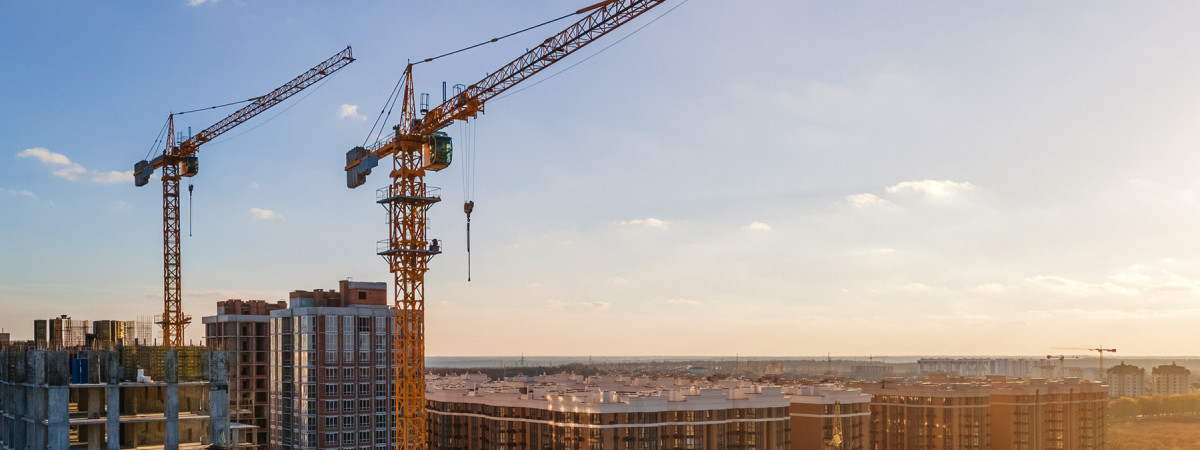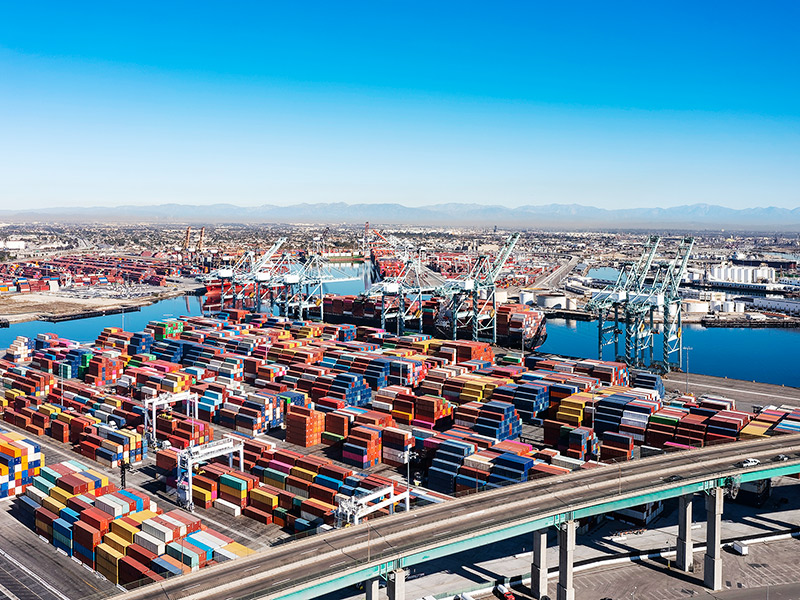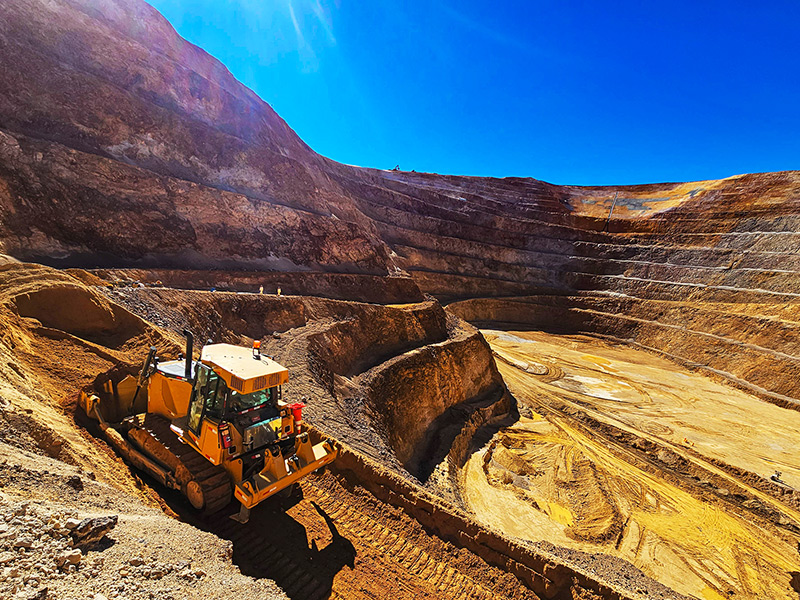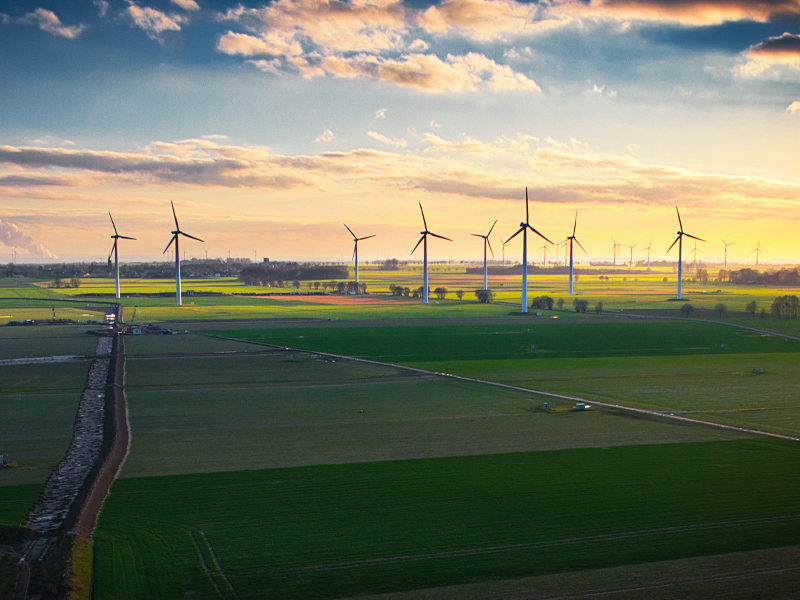
Photo by Mny-Jhee on iStock
Authors
-
Philippe Fonta
Former Director, Energy, Extractives, Transport, and Industrials, BSR
Philippe Fonta discusses his new role as Director of Building Responsibly, unique challenges facing industry workers, and how he plans to accelerate impact in the year ahead.
Could you tell us about “Building Responsibly”? What is your mission and strategy for impact?
Building Responsibly (BR) is a collaborative initiative led by BSR that gathers a group of leading engineering and construction companies. We promote the rights and welfare of workers in the sector across the entire supply chain.
The initiative enables members to protect worker rights across the industry—even in contexts where the rule of law is limited. By creating and adopting common principles, developing tools to support implementation, and engaging workers, clients, governments, civil society, and international organizations, BR can really make a significant impact as a collective group rather than working alone.
Representing over one million workers across more than 100 countries, BR members have committed to implementing ten Worker Welfare Principles—a global standard to advance the safety, security, and welfare of construction and engineering workers. This requires the participation and collaboration of a wide set of stakeholders (including companies, NGOs, and industry associations).
What’s your role at BR?
BSR provides executive leadership and secretariat support for BR. Having joined BSR in 2022 as Director for Industries and Transport, I have now taken up a new role as Director of BR.
Primarily, I ensure that innovation and leadership remain key drivers in our collaborative approach, while utilizing the best available resources to advance the work program and raise ambition. I check that the quality of our work really makes a difference and effectively delivers impact. It all comes down to teamwork, members are different, even if the sector’s objectives are the same for every stakeholder. I also promote BR’s mission, work program, and achievements in various meetings in order to solicit the interest of potential new members and partners.
Tell us about your previous industry experience.
I have 25 years of experience in sustainability management, both within multinational industrial companies and non-profit organizations. I understand the constraints, challenges, and opportunities for industrial conglomerates as well as the expectations of their various stakeholders and society at large.
I spent eight years leading the Cement Sustainability Initiative (CSI), one of the flagship collaborative projects of the World Business Council for Sustainable Development (WBCSD). Gathering 25 global members from the cement manufacturing sector, CSI developed and implemented commonly agreed principles on sustainable issues such as climate, health and safety, and supply chain management, implementing them, and reporting on key indicators to deliver impact. Advocacy at major international forums was also a part of my role. I promoted the work of CSI and made our work accessible to a wider community of cement manufacturers.
What are the key challenges members face when protecting workers’ rights? How can BR help?
The engineering and construction industry relies on a massive number of workers and is a major provider of employment opportunities worldwide. Large real estate and infrastructure projects have fueled a construction boom, attracting millions of migrant workers, especially when there are not enough local workers or the local workforce doesn’t have the required skills.
This rapid growth has given rise to challenges around the rights and welfare of workers, which has been further highlighted by media and civil society organizations. Many companies in the engineering and construction industry have longstanding commitments to the health, safety, and welfare of workers. They are keen to expand on their existing programs, policies, and standards to further promote the rights and welfare of workers in their operations and subcontracting chains—even in contexts where the rule of law is limited.
BR enables business to collaborate around these shared values, advance their programs by sharing best practices, agree on common approaches and standards, develop tools, and engage clients, civil society, and international organizations. As a pre-competitive initiative, BR will ensure that companies can engage in mutually beneficial measures and policies in a safe space.
So, what’s going to be keeping you busy in the coming months?
As the new Director of BR, my first task is to ensure a smooth and efficient onboarding, gain trust from BR members and build on the excellent work led by the current secretariat. I plan to bring BR to the next level, and for that, we need to ensure the effective implementation of the Welfare Workers Principles. At the same time, we will need to bring these issues (and upcoming ones) at a speed and scale that will deliver real impact. This can be achieved by enhancing outreach and communication on the work, commitments, and achievements of BR (via publications, presentations, and conferences), attract the attention of potential new members, including in Asia and Latin America, expand the type of issues managed collectively at BR while ensuring that all the legal requirements associated to sharing information within companies of a same sector are respected. This is certainly challenging, but exciting and my previous experience at CSI should be helpful!
To learn more about Building Responsibly, please contact us.
Topics
Collaborative Initiatives
Let’s talk about how BSR can help you to transform your business and achieve your sustainability goals.







